Understanding Insulin Resistance | Kansas City Laser-Like Lipo®
Understanding Insulin Resistance | Kansas City Laser-Like Lipo®

Photo Credit: Shutterstock
Insulin resistance is a term that's gained a lot of attention in recent years, especially in the context of the worldwide diabetes epidemic. But what exactly is insulin resistance, and why should you be concerned? In this comprehensive guide, we will delve deep into the topic, explore the lifestyle habits that contribute to it, and discuss potential reversal strategies. Furthermore, we'll highlight how Kansas City Laser-Like Lipo® is leading the way in helping patients regain their health and shed excess weight through our specialized treatments.
What is Insulin Resistance?
At its core, insulin resistance refers to a reduced cellular response to insulin, a hormone produced by the pancreas. Insulin’s primary function is to regulate blood sugar levels by signaling cells to take in glucose from the bloodstream. When cells become resistant to insulin's signals, they don't absorb glucose as effectively. This leads to elevated blood sugar levels, a hallmark of type 2 diabetes.
Now, just because you have insulin resistance doesn't mean you'll develop diabetes. However, it does put you at a higher risk. Insulin resistance is often a precursor to pre-diabetes, which, if not managed, can progress to full-blown type 2 diabetes.
Lifestyle Habits that Lead to Insulin Resistance
There are numerous factors, both genetic and environmental, that contribute to insulin resistance. Among the environmental factors, certain lifestyle habits play a prominent role:
1. Poor Diet: A diet high in processed foods, sugars, and unhealthy fats can lead to weight gain and increase the risk of insulin resistance.
2. Physical Inactivity: A sedentary lifestyle diminishes the body's ability to regulate sugar and increases the risk of obesity, a prime factor for insulin resistance.
3. Inadequate Sleep: Regularly getting less than the recommended amount of sleep affects the body's insulin sensitivity.
4. Stress: Chronic stress elevates cortisol levels, which can impair insulin function.
5. Excessive Alcohol: Consuming alcohol in large quantities can cause insulin resistance and related complications.
Can Insulin Resistance be Reversed?
The good news is, yes, insulin resistance can often be reversed or significantly improved, especially if it's detected early. The reversal primarily revolves around lifestyle modifications:
1. Dietary Changes: Adopting a balanced diet rich in whole foods, lean proteins, and healthy fats can improve insulin sensitivity.
2. Regular Physical Activity: Engaging in regular exercise helps muscles use blood sugar more efficiently.
3. Weight Management: Even a modest weight loss can significantly improve insulin resistance.
4. Stress Management: Techniques like meditation, deep breathing, and yoga can help in managing stress and its detrimental effects on insulin sensitivity.
5. Consistent Sleep Patterns: Ensuring 7-9 hours of quality sleep nightly can bolster insulin function.

Photo Credit: Shutterstock
How Kansas City Laser-Like Lipo® Can Help
At Kansas City Laser-Like Lipo®, we understand the intricate relationship between health, weight, and insulin sensitivity. We offer a two-pronged approach to assist our patients:
1. Clinical Nutrition Programs: Our team of experts crafts personalized nutrition programs that guide patients towards healthier eating habits. By understanding the unique needs of every individual, we help them make dietary choices that combat insulin resistance.
2. Non-Invasive Low-Level Laser Therapy Treatments: Our state-of-the-art treatments, including UltraSlim®, Max Miracle™ Bed, and the Slim Sculpt® Bed, offer non-invasive solutions to aid in weight loss and overall health enhancement. These treatments:
* Target fat cells, releasing their contents, which are then naturally processed by the body.
* Enhance cellular metabolism, facilitating a more efficient fat burning process.
* Are completely safe, with no discomfort, and require zero downtime.
The combination of clinical nutrition guidance and advanced laser therapy treatments ensures our patients receive a holistic approach to managing and reversing insulin resistance.
Conclusion
Insulin resistance is more than just a buzzword; it's a significant health concern that has ramifications for our long-term well-being. However, with the right interventions and lifestyle changes, its progression can be halted, and in many cases, reversed. At Kansas City Laser-Like Lipo®, we are committed to empowering our patients with the knowledge and tools they need to regain control of their health. If you're grappling with weight issues or concerned about insulin resistance, our dedicated team is here to guide you on a transformative journey to better health.
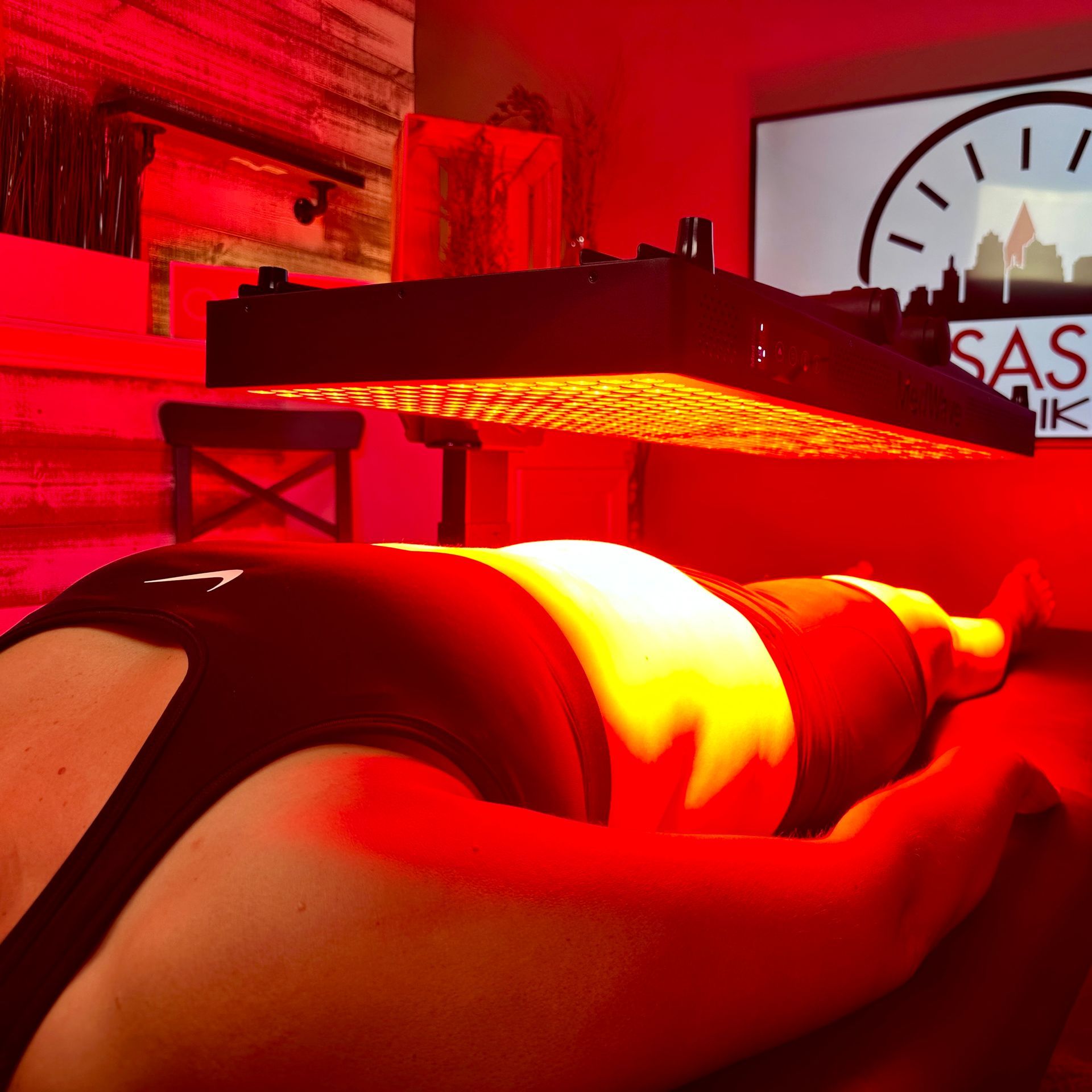
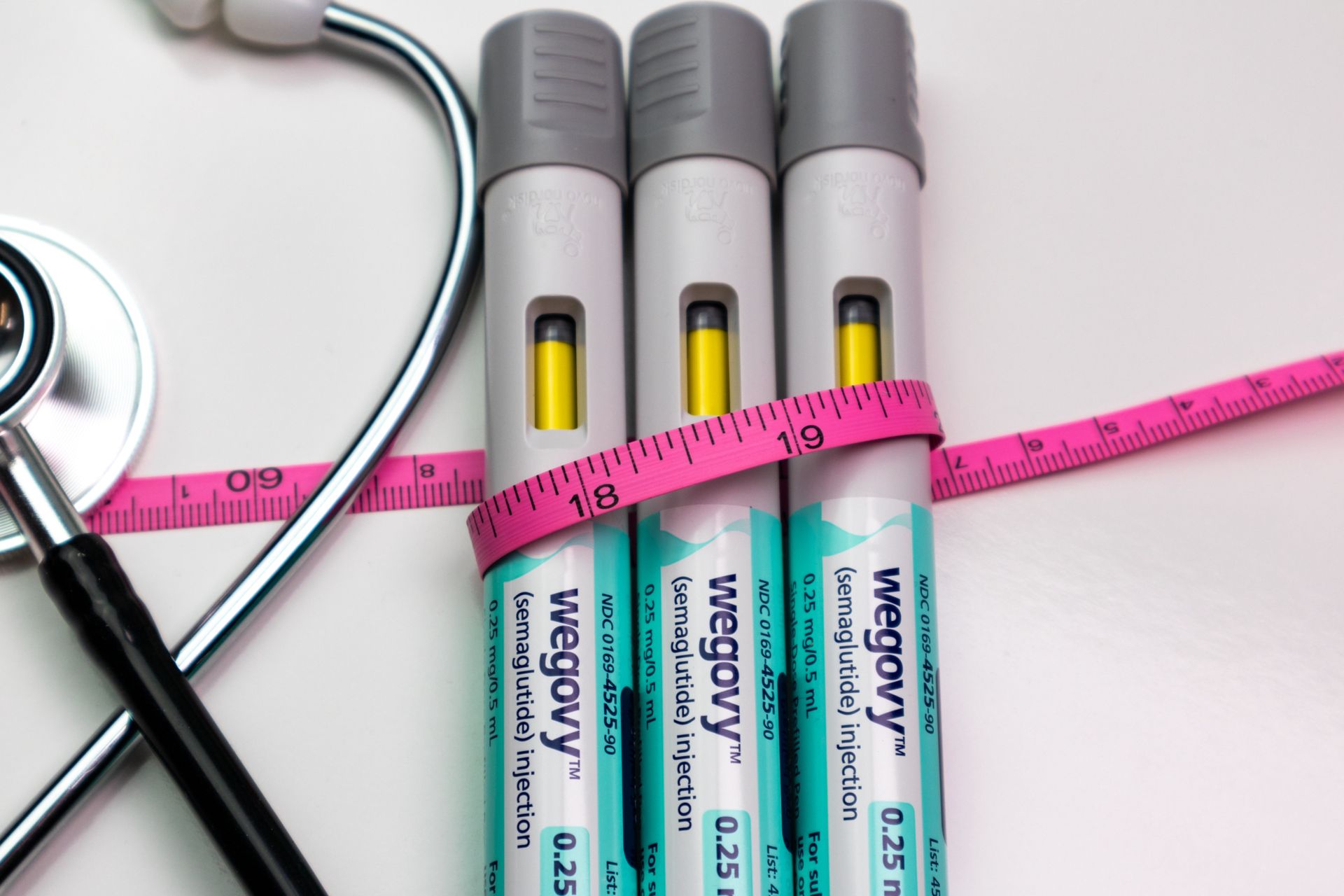

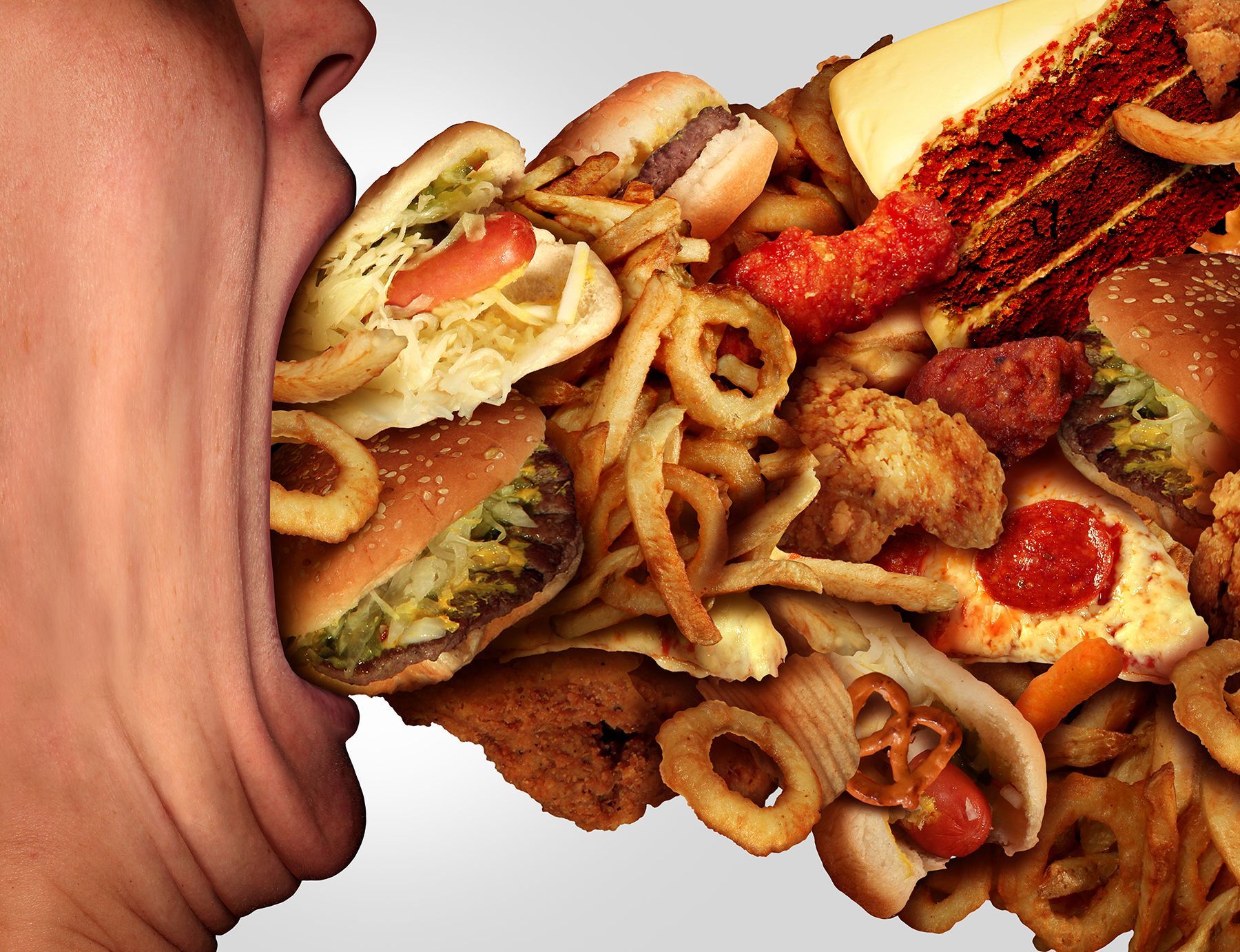
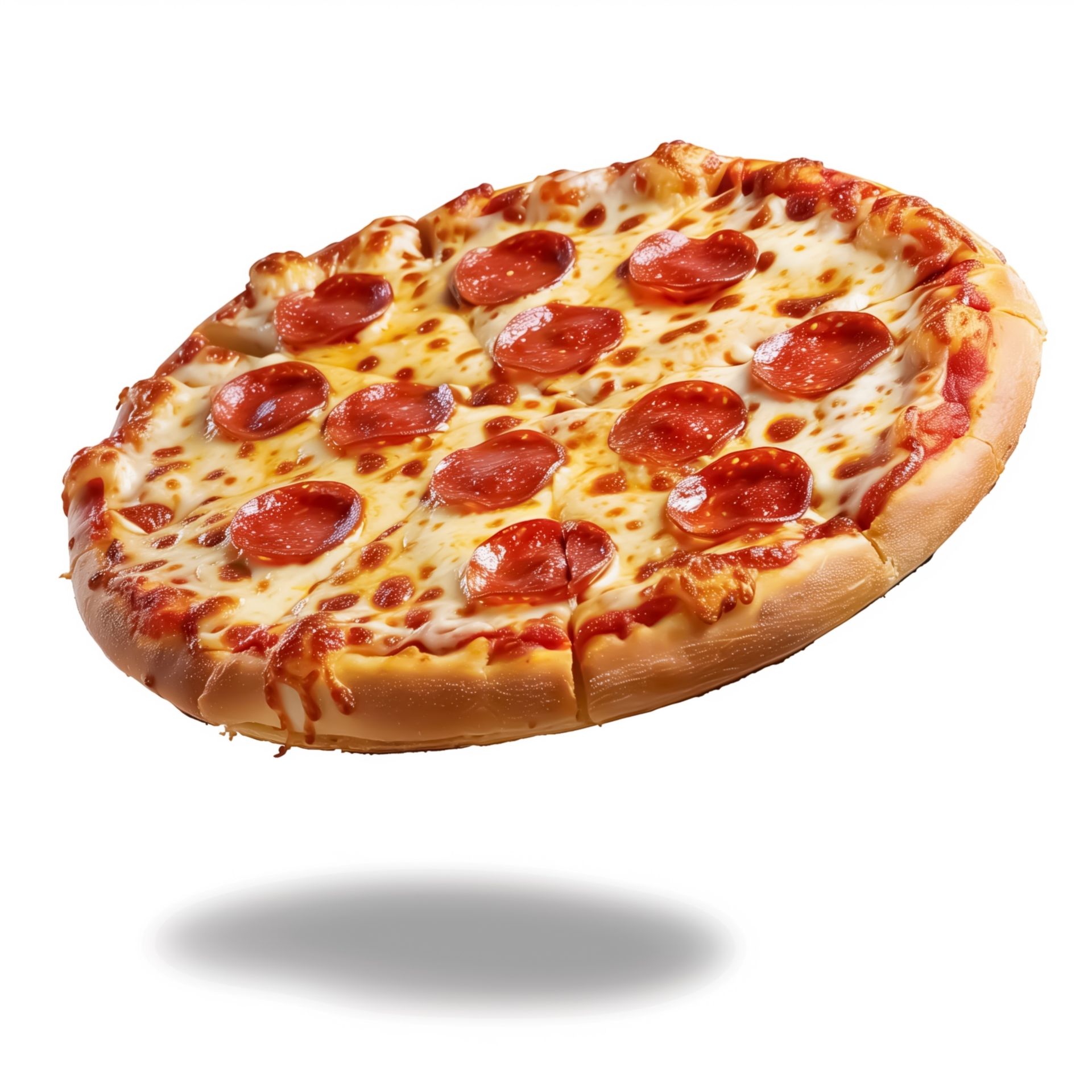


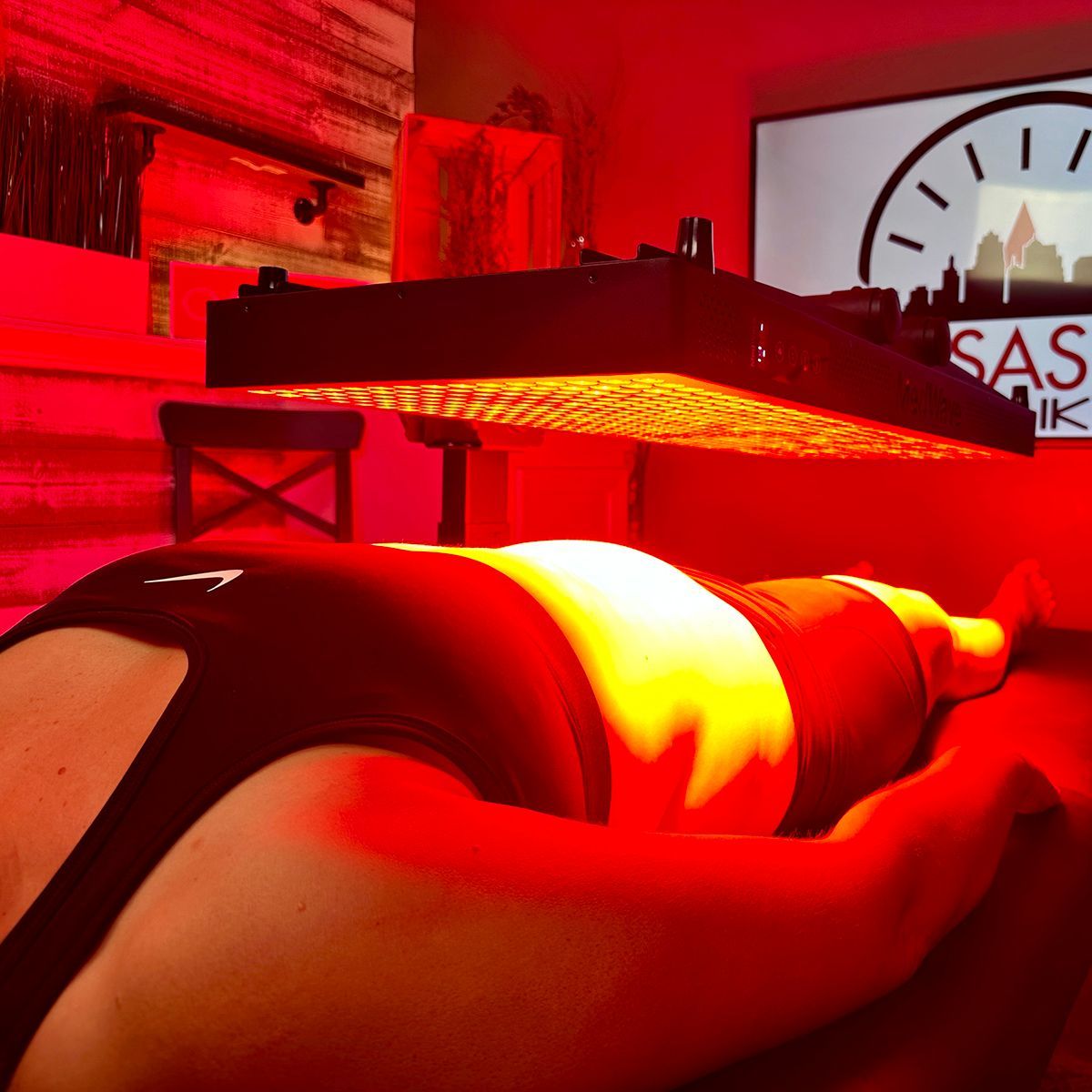


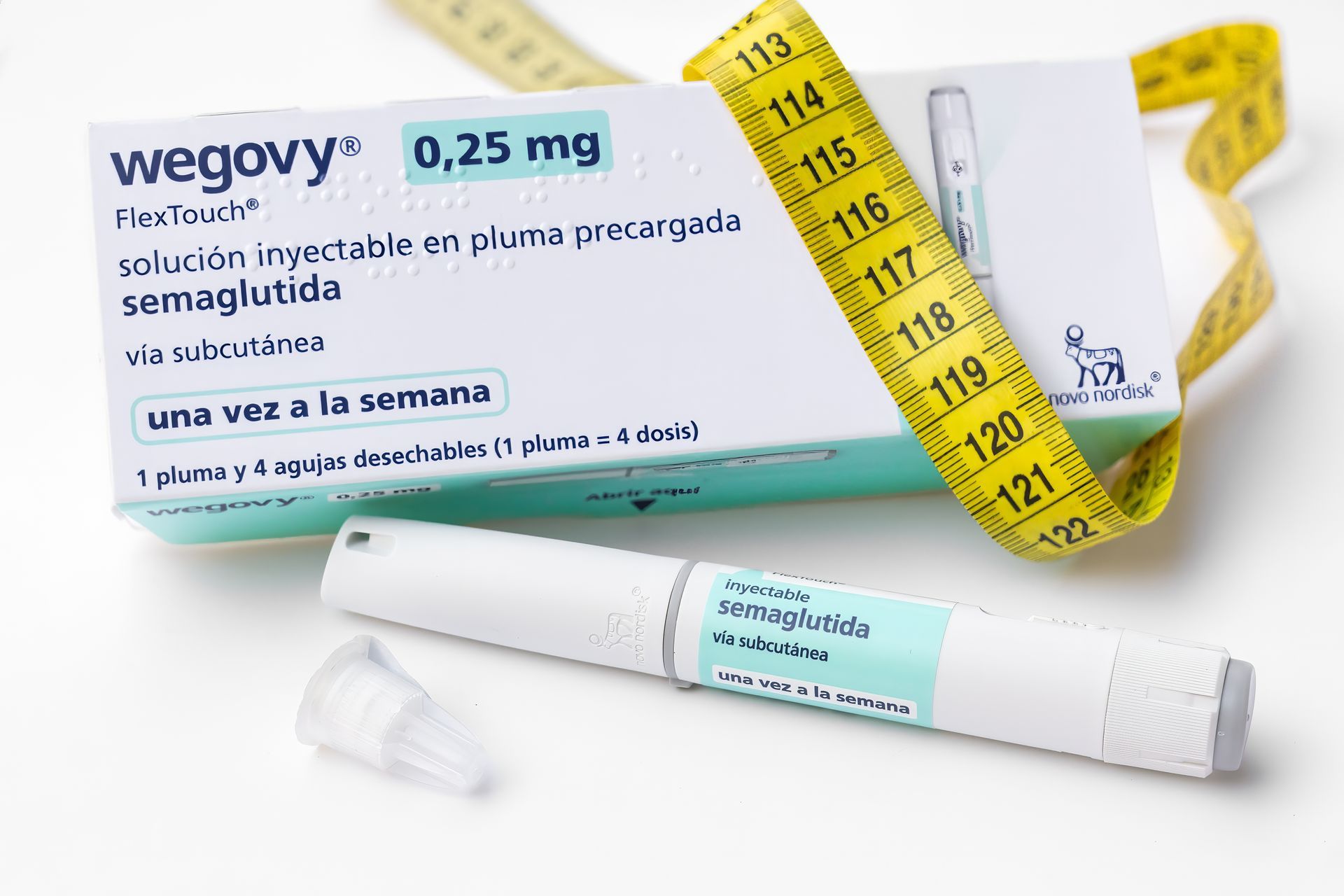
Share On: